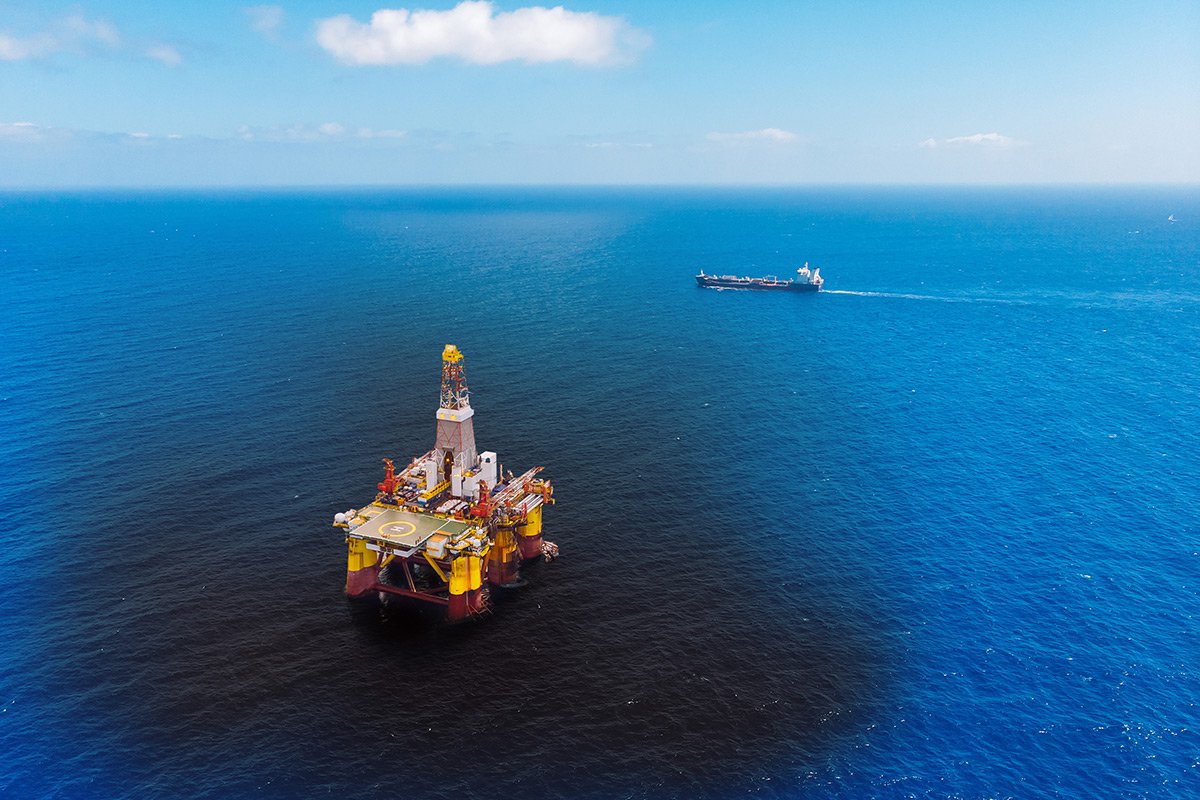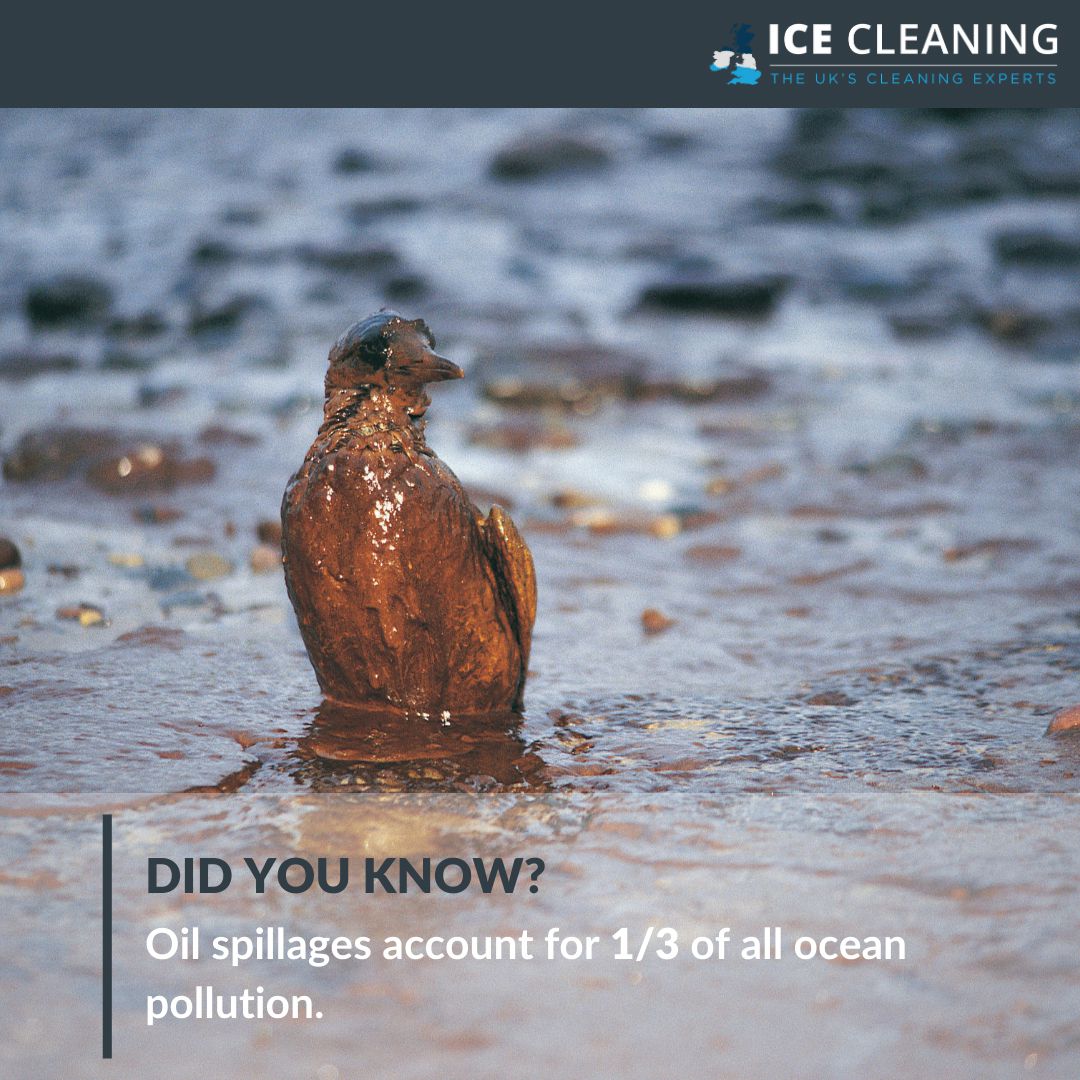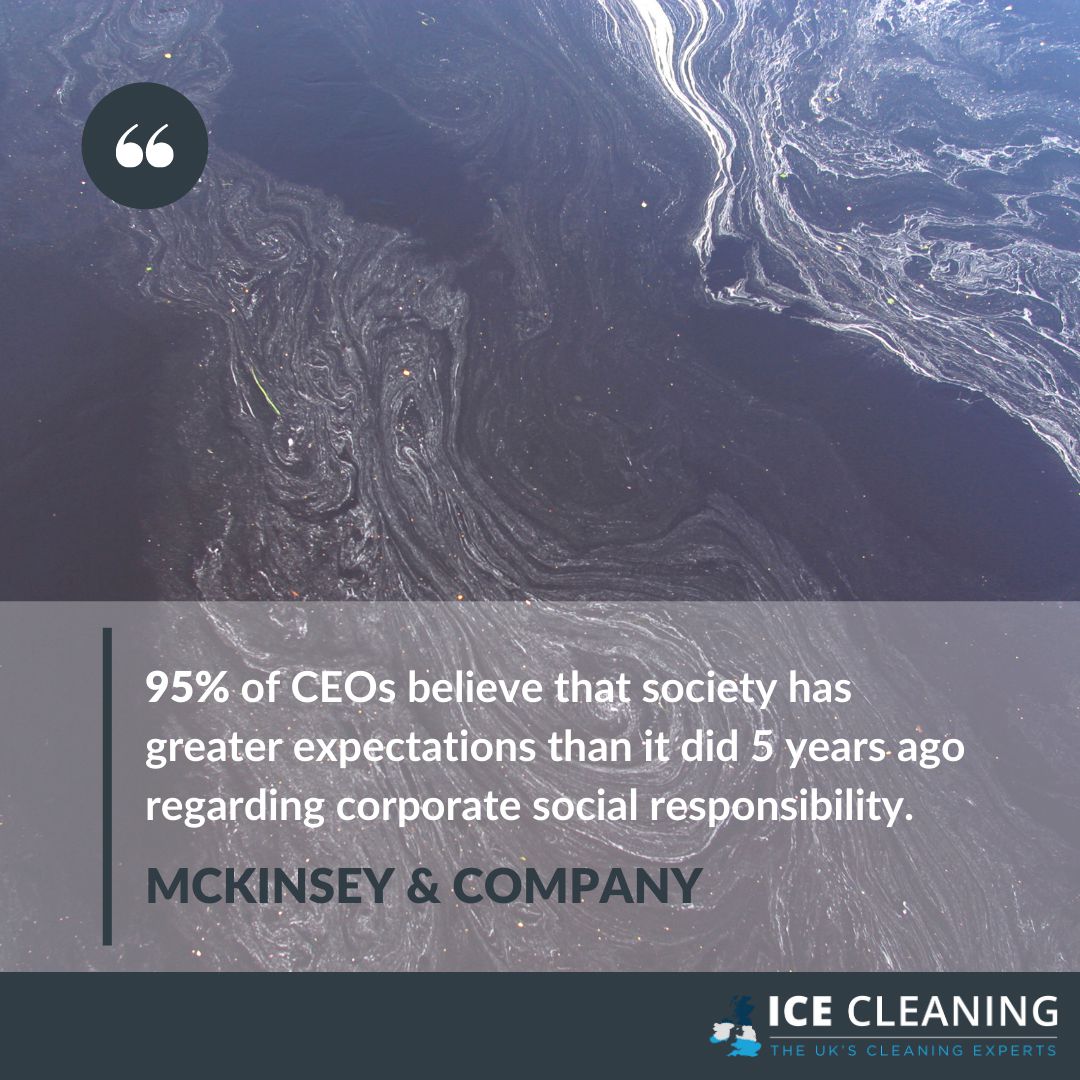How Do Oil Spills Affect Marine Life?

CONTENTS
How do oil spills affect marine life?
Oceanic oil spills became a major environmental problem in the 1960s, following the exploration of petroleum.
Though significant oil spills are now rare, due to advances in technology, oil remains one of the largest contributors of pollution in the world.
Oil is made up of a variety of toxic compounds which have merged over thousands of years. When oil spills occur, the main concerns are oil toxicity and fouling.
Fouling refers to the physical harm caused by oil spills upon the environment. This includes long-term damage to marine habitats and the recovery of animal populations.
In the ocean

Did you know that oil accounts for over a third of all ocean pollution?
There are 2 main causes of oil spills in the sea:
- Well discharges
- Tanker operations
The danger is that – if left untreated – the oil will continue to spread throughout the ocean, wiping out all marine life in its way.
Oil can affect marine life in a number of ways.
From inhaling toxic substances to becoming trapped in its dense blanket, marine animals face a wide range of consequences.
Inhalation of oil
The appearance of oil in the sea may be visible to us as humans, but that doesn’t mean all marine creatures will be able to spot the difference.
Large mammals, such as dolphins or whales, are at risk of inhaling oil-contaminated water without realising. Smaller fish may inhale traces of oil too.
The inhalation of oil can cause both short-term and long-term health problems. If large amounts of oil enter the lungs, respiratory issues may arise. Likewise, the animal may suffer immune function defects to due high exposure to such toxic elements.
In some cases, the inhalation of oil may permanently alter the organ function of the affected animal. This can cause reproduction or fertility issues, which can be disastrous for endangered species.
Out of the water
Even if marine creatures do not swallow the contaminated water, they must still navigate their way through dangerous territory.
The composition of oil can destroy the water repellence and insulation ability of feathered and fur-bearing animals. As a result, animals such as birds or sea otters may die from hypothermia.
Trapped animals
Due to its thickness and sticky texture, some animals may become trapped in the oil-contaminated water. Oil’s high density makes it a heavy blanket for animals to swim through.
Sea turtles, for example, may struggle to swim through the water. In some cases, they may even mistake oil-contaminated objects for food.
Who is responsible?
The law states that it is the person, company or entity operating with the oil that is responsible for making sure that the oil is securely contained in such a way that prevents spillages (NI Direct).
Ultimately, whoever spilled the oil is responsible for dealing with the repercussions. This includes both organising the clean-up and paying for the service.
Social responsibility is a key factor, particularly in the current climate. Wildlife cleaning, recovery and rehabilitation must also be considered within the oil spill response process.

Any individual or organisation who fails to address the social and environmental impact of their activities may face backlash from both the public and others in the industry.
A recent study by McKinsey revealed that 95% of chief executive officers (CEOs) believe that society has greater expectations than it did 5 years ago that companies will assume public responsibilities. What’s more, half of the CEOs interviewed expect to see this rise over the next decade.
For more information on social and corporate responsibility, check out our blog: Who Cleans Up Oil Spillages In The UK?
Oil spillage clean-up services
It may come as a shock that most companies operating with oil do not have the facilities in place to clean up a spillage themselves.
Despite the fact that all companies that use oil in their operations must have an emergency plan in place, most rely on external cleaning companies to deal with such incidents.
The reason for this is the complexity of the clean-up process. Only a professional oil remediation with specialist tools will be able to effectively treat the affected areas.
A professional clean-up company will be able to contain and extract the oil, minimising the risk of long-term consequences on the environment. The sooner the oil is removed from the water, the less marine life will suffer.
Call us today
Here at ICE Cleaning, we’re leading the way for industrial cleaning services in the UK. With access to industry-leading technology, our experienced technicians can handle any situation that comes their way.
To find out more about our oil spillage clean-up services, give our professional support team a call on 0208 066 0360 or email us on enquiries@icecleaning.co.uk and we’ll get back to you within 24 hours.
We’re fast, reliable and responsive.
Our team can be on site within a matter of hours of your call. We’re able to cater to all types of oil spills, regardless of size and severity. Don’t hesitate – get in touch today to hear how we can help.

Speak with me today,
I’m here to help
By asking you a few questions either via phone or email I can immediately provide a realistic estimation of the cost.
You’re in good company. We’ve cleaned for the following commercial clients… View all

Why choose us?
- Cater to a wide variety of cleaning situations
- Nationwide coverage, available 24/7
- Cater to commercial and domestic clients
- Free survey provided prior to quotation
- Emergency response team
- Offer a bespoke service designed to suit all your needs
- All technicians hold professional health and safety qualifications, including BICSc, IOSH, Dewpoint Professional & Safe Contractor
We’re fully accredited
We place best practise, professional expertise and health and safety at the core of our business. We’re fully compliant with all legal obligations. You can view a list of our accreditations below, or visit our Health & Safety page for more information.











-RGB-small.1707319151.jpg)




















